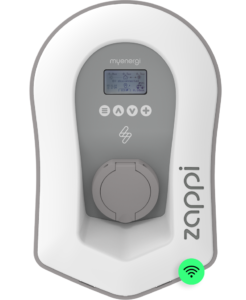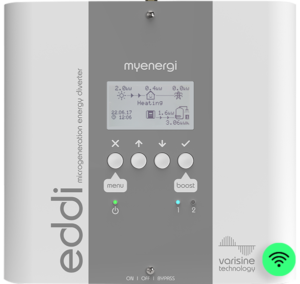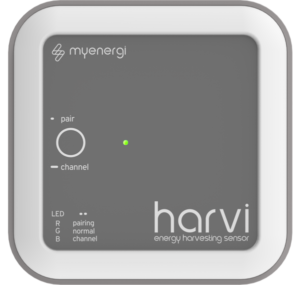How many kWh’s to charge a car?
How many kWh’s does it take to charge an EV?
As the world focuses more and more on renewable energy for our future, the interest in reliable, affordable EV chargers has also grown. As more drivers choose to go electric, technology suppliers are quickly evolving to keep up with demand.
Being able to charge your EV quickly and efficiently is a top priority, so understanding how it charges, and the cost involved is essential.
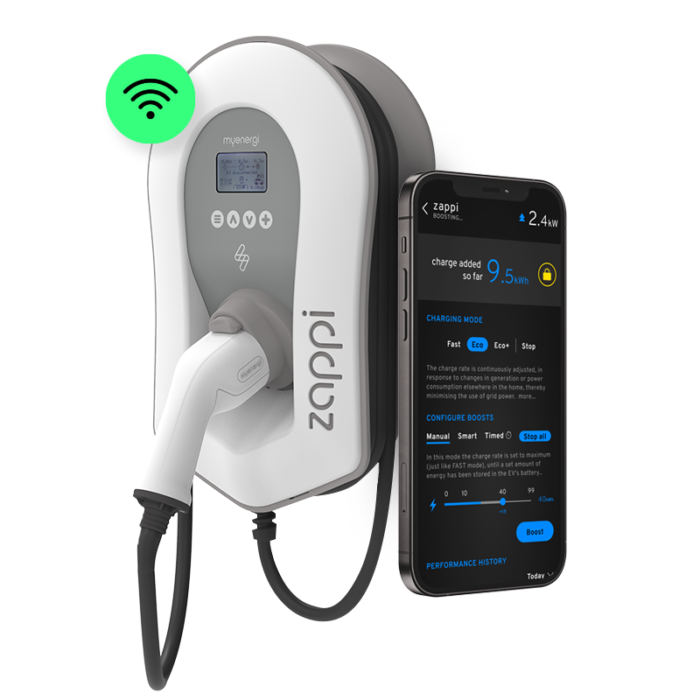
Understanding kWh’s
Before you can figure out how many kWh are needed to charge an EV, you first need to understand what a kWh is!
It is simply a unit of measurement, like fluid ounces or grams. It allows us to measure electricity.
The charging time of your EV will depend on a few factors;
- battery size
- charging speed
- type of charger
The kWh is the unit, so we just need to do a quick formula to work out the time;
A 60 kWh battery with a 7kWh charger means it will take approximately 8 to 9 hours to charge your car from 0 to 100%.
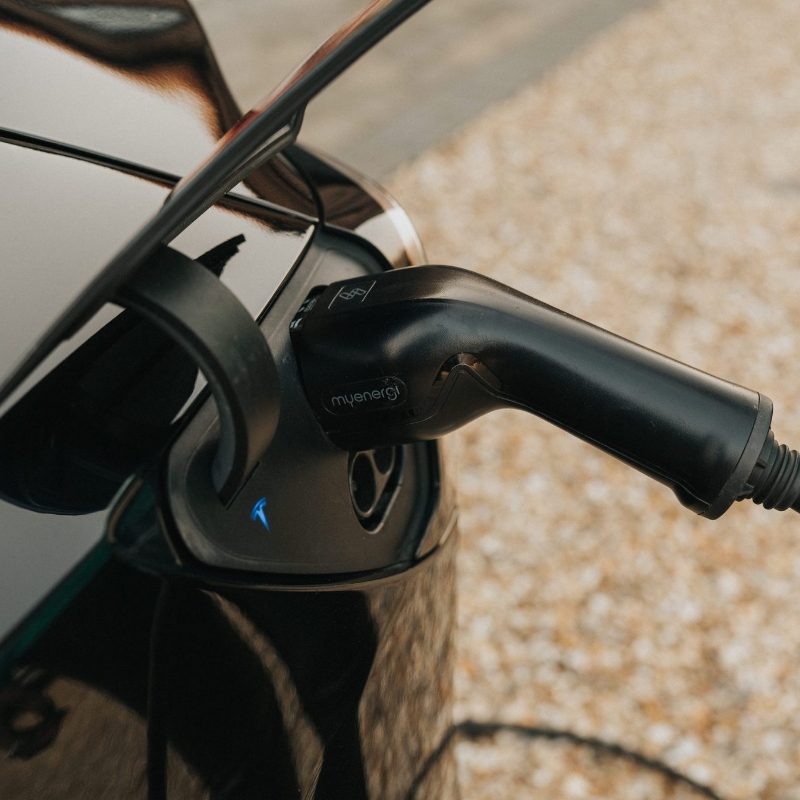
Calculating EV charging needs
Now we know what a kWh is and what it measures, we can work out how many you need to charge your EV.
To do this, you need to work out the following;
- Determine your daily driving distance
- Divide your daily driving distance by your car’s kWh/100 miles rating (this information can usually be found in your car manual or online)
- Multiply the result by your desired state of charge ( e.g. 80% or 100%)
Therefore, if you drive 40 km and your car has a rating of 4 kWh/100 km’s, you’ll need 1.6 kWh to charge your car to 80% to 0%
If you want to charge your car to 100%, you’ll need 2 kWh.
How much will it cost to charge an EV?
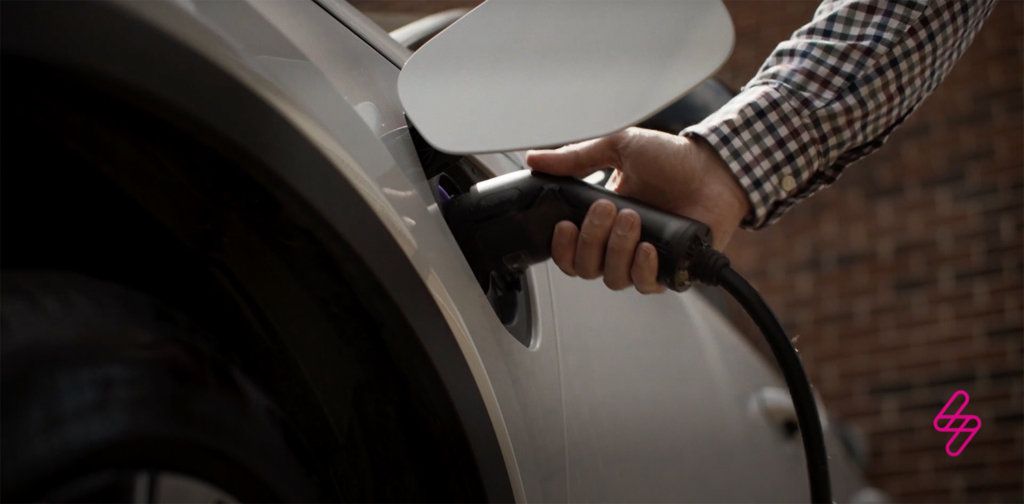
Based on 54kWh, the average cost to fully charge an electric car from empty to full is around €9.10 whilst the average monthly cost to keep an electric vehicle charged would be around €36.00.
This data is based on fully charging your EV once per week at home. Another advantage is that EV’s are also exempt from paying Road Tax and significantly cheaper to maintain.
Explore our guide to EV charging costs
What are the benefits of charging on solar?
Cost savings on fuel
One of the primary incentives for owning an EV and powering it through solar, is the cost-saving aspect. By relying on solar energy, drivers can significantly reduce their fuel expenses, as sunlight is abundant and free. The energy generated from the sun offsets the need for traditional fuel, saving EV owners money in the long run.
Government incentives
Many governments worldwide encourage the adoption of sustainable technologies, including EV. Various incentives, such the SEAI €600 grant discount on the installation of solar chargers, allow these eco-products to become even more accessible.These financial perks make investing in a solar EV charger an even more attractive option for environmentally conscious individuals.
Long-term financial benefits
While the initial investment in an EV may be higher than that of a conventional vehicle, the long-term financial benefits are substantial. With lower fuel costs, reduced maintenance requirements, and potential incentives, the total cost of ownership for an SEV becomes competitive with traditional cars over time.
Get the perfect home setup!
Contact our team
Get in touch with us today if you have a question about any of our products.-
+353 12 003003
ireland.admin@myenergi.com
1a Maple Drive, Bundoran Donegal Ireland

 libbi
libbi